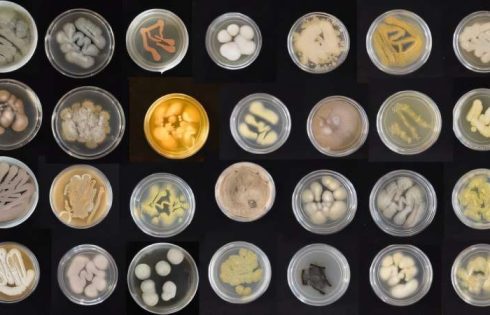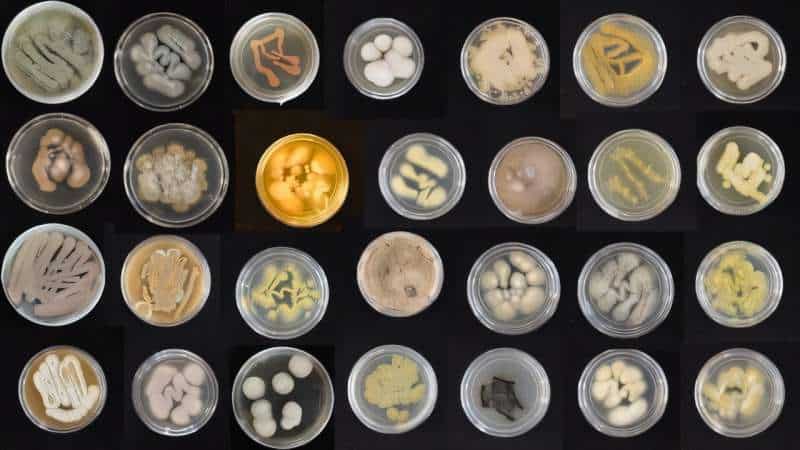
Plastic is the most prevalent marine pollutant, and plastic surfaces are the fastest growing habitat in the ocean. Researchers at the University of Hawai’i (UH) at Mānoa have recently discovered that many species of fungi isolated from Hawai’i’s nearshore environment have the ability to degrade plastic, and some can be conditioned to do it faster.
The work is published in the journal Mycologia.
“Plastic in the environment today is extremely long-lived, and is nearly impossible to degrade using existing technologies,” said Ronja Steinbach, who led this research as a marine biology undergraduate student in the UH Mānoa College of Natural Sciences.
“Our research highlights marine fungi as a promising and largely untapped group to investigate for new ways to recycle and remove plastic from nature. Very few people study fungi in the ocean, and we estimated that fewer than one percent of marine fungi are currently described.”
For consumers, plastics are cheap, strong, and useful, but plastic waste is problematic, because rather than decomposing, it breaks into microplastics when exposed to sunlight, heat, and physical force. Plastics are harmful to marine ecosystems—they can concentrate dangerous chemicals, such as phthalates and bisphenol A; entrap or harm animals; or be ingested and lead to starvation in marine animals due to malnutrition. With the equivalent of about 625,000 garbage trucks of plastic entering the ocean each year, finding ways to degrade these compounds is critical.
Microbes with superpowers
Various microbes, including bacteria and terrestrial fungi, have been tested for their ability to degrade plastics, with the hope that biotechnology can one day be deployed at ecologically relevant scales. While many terrestrial fungi have previously been found to degrade various types of plastic, the team of researchers from the UH Mānoa School of Ocean and Earth Science and Technology (SOEST) focused their attention on their large collection of fungi they isolated from sand, seaweed, corals, and sponges in Hawai’i’s nearshore.
“Fungi possess a superpower for eating things that other organisms can’t digest (like wood, or chitin), so we tested the fungi in our collection for their ability to digest plastic,” said Anthony Amend, Pacific Biosciences Research Center professor, who leads the lab where Steinbach and Syrena Whitner, study co-author and marine biology graduate student, conducted the research.

